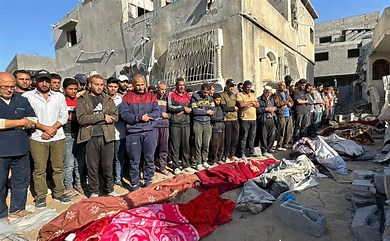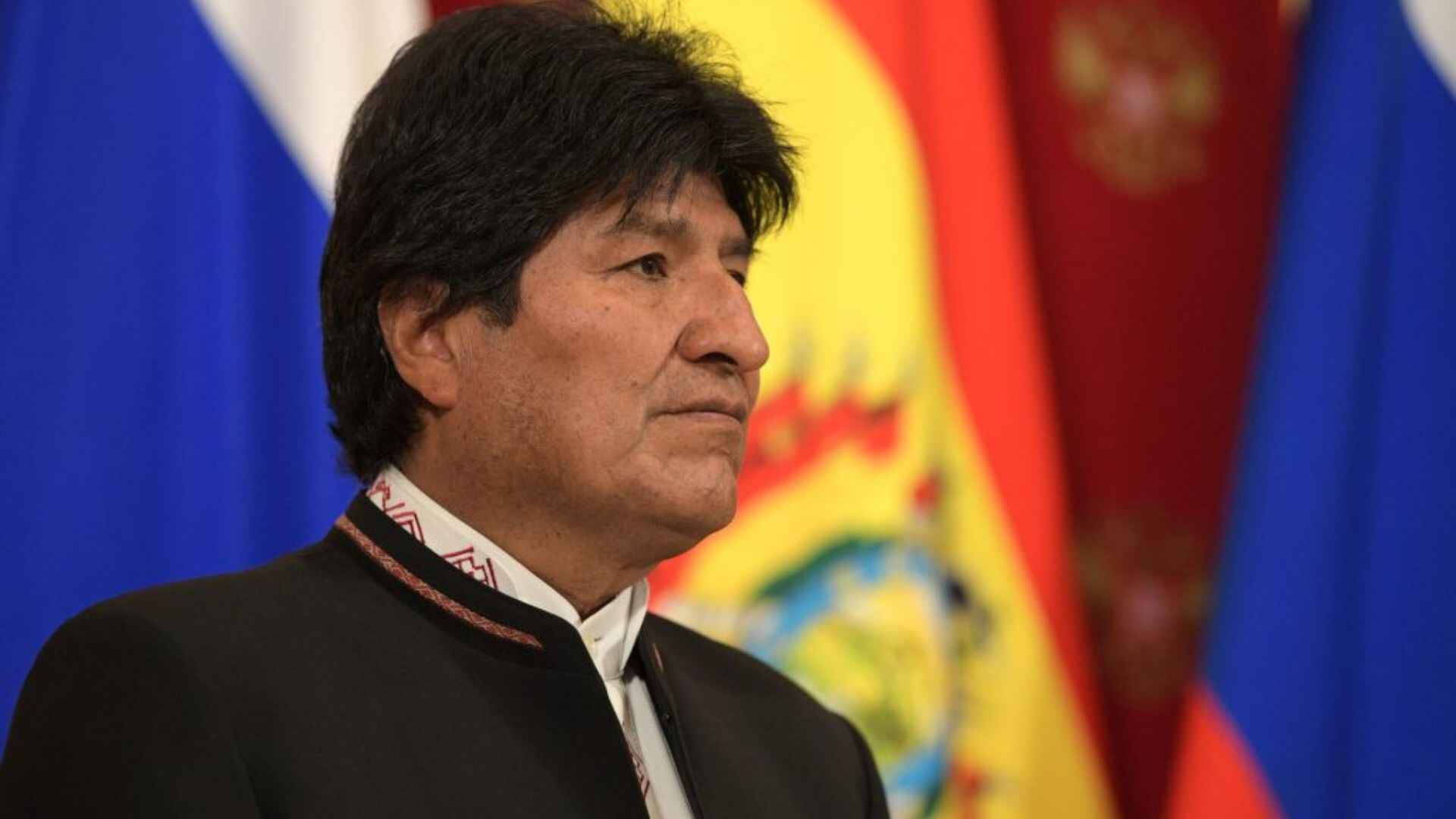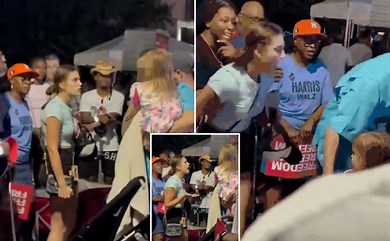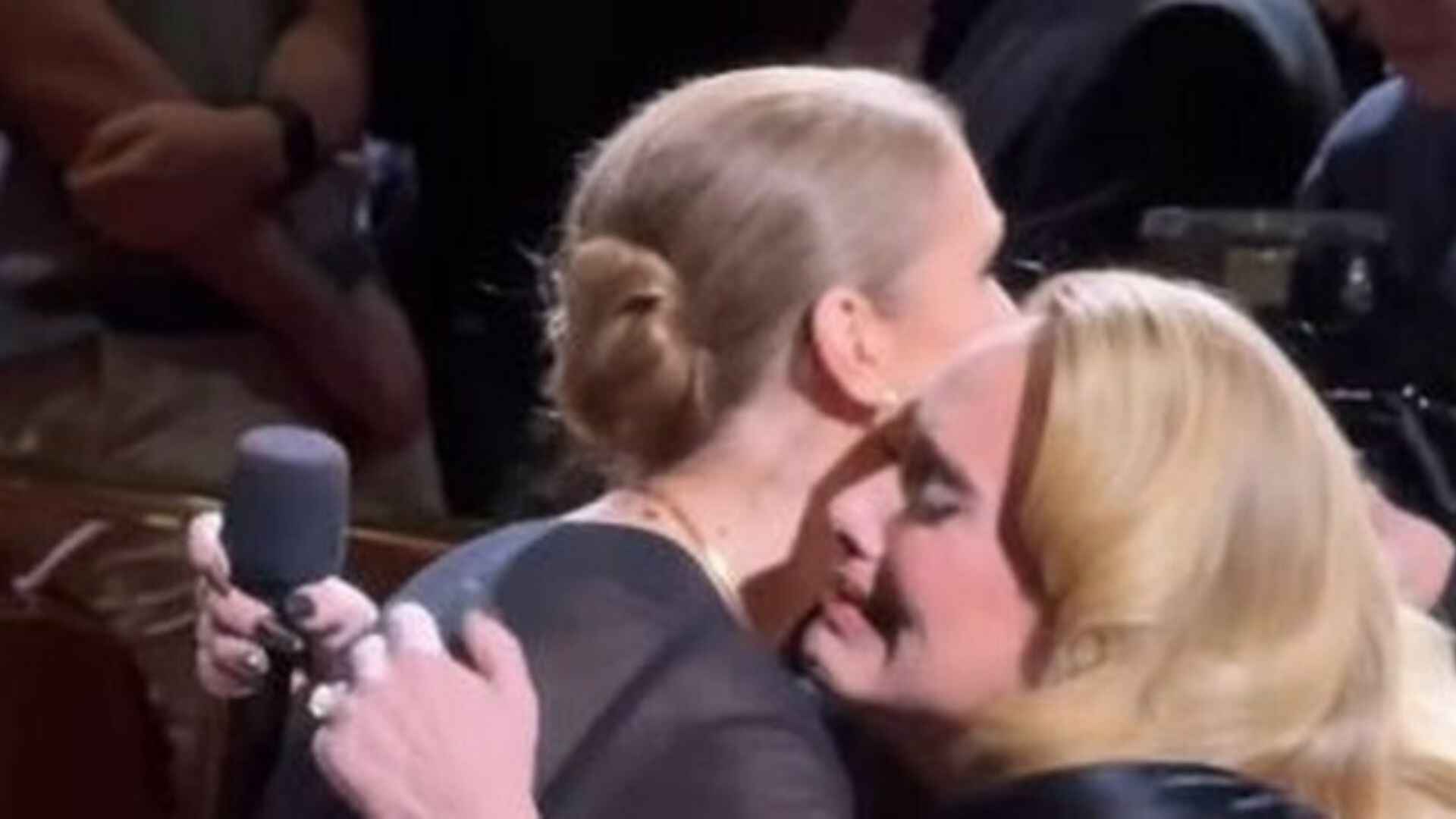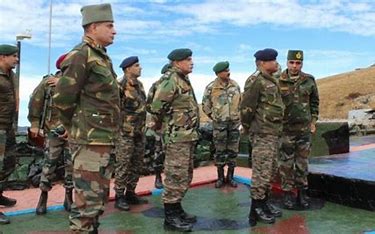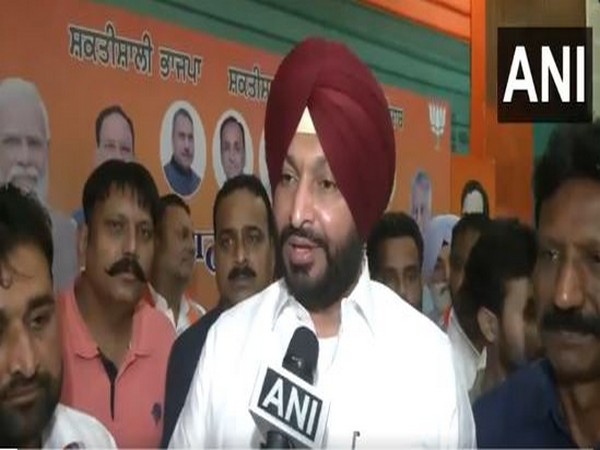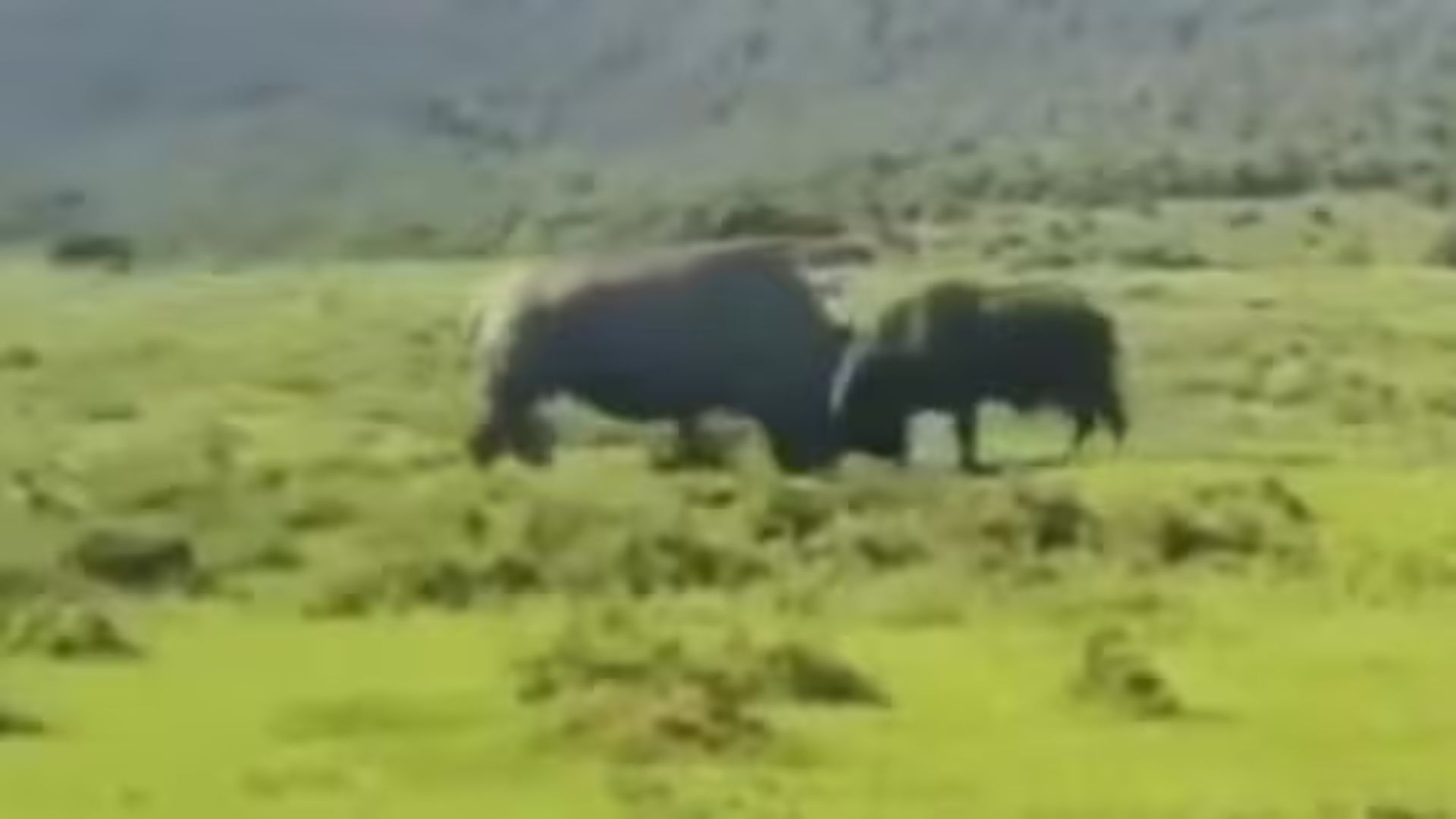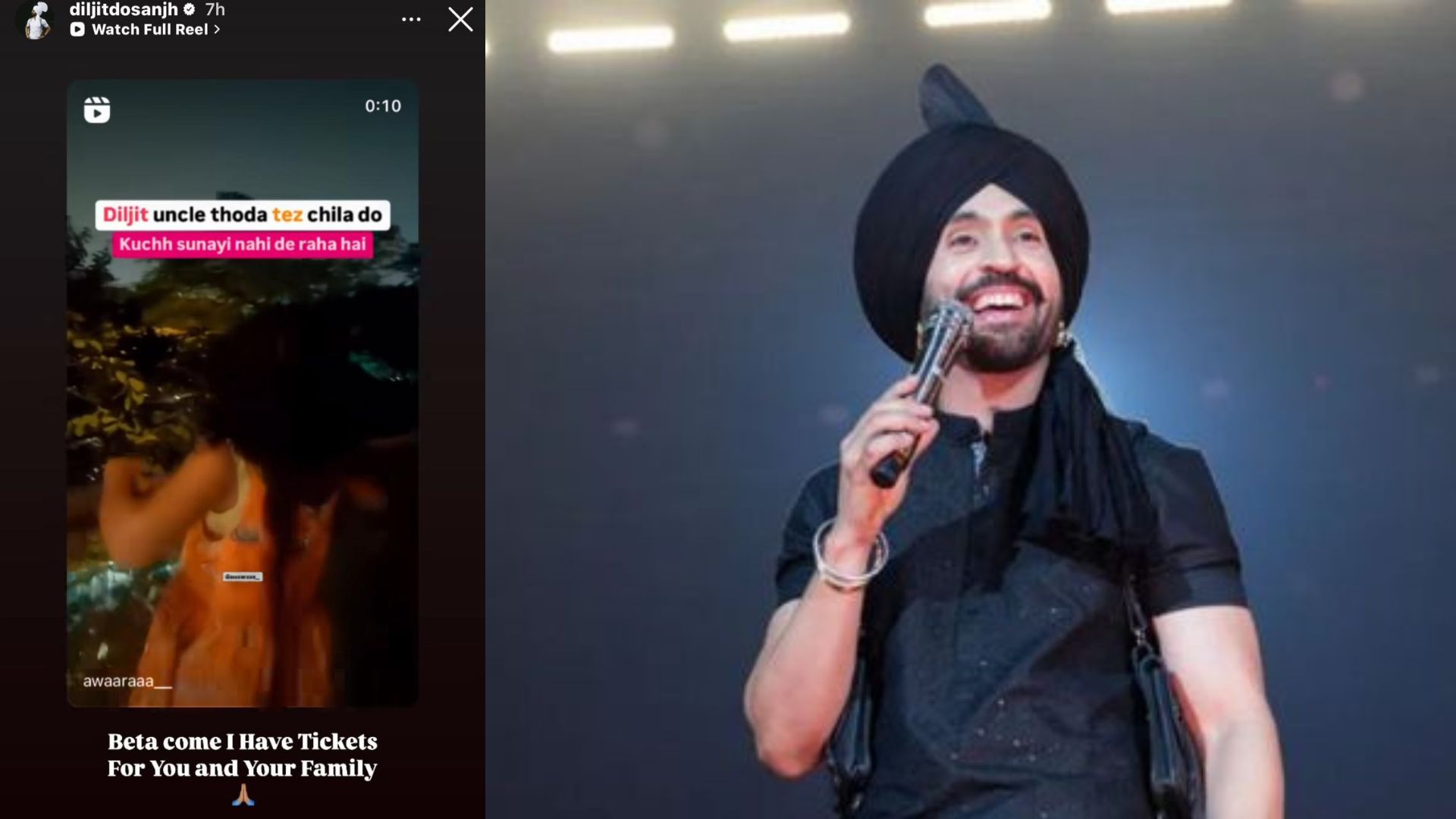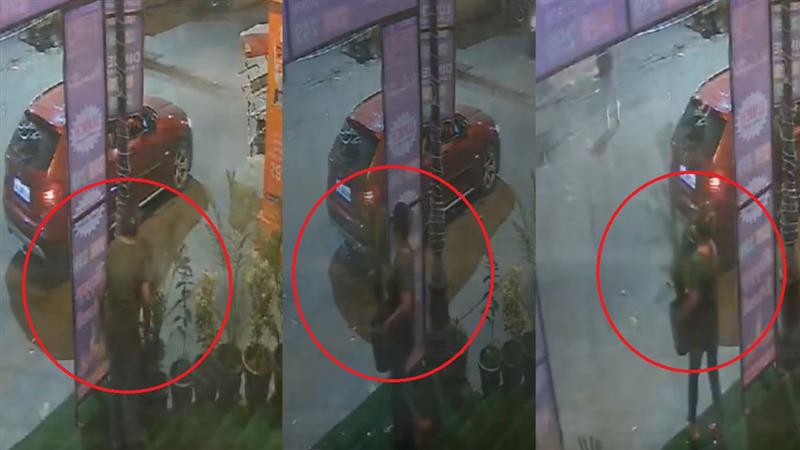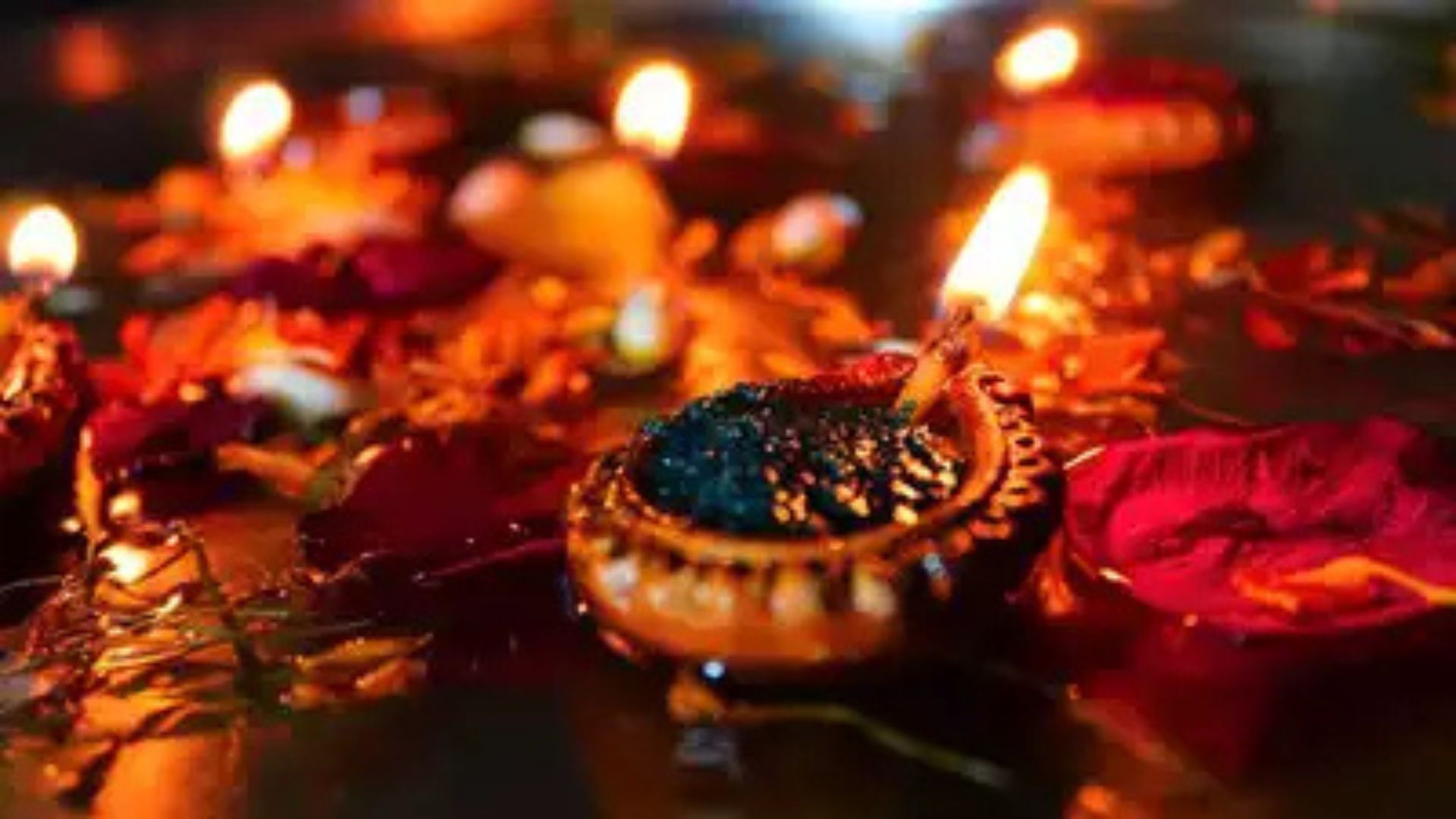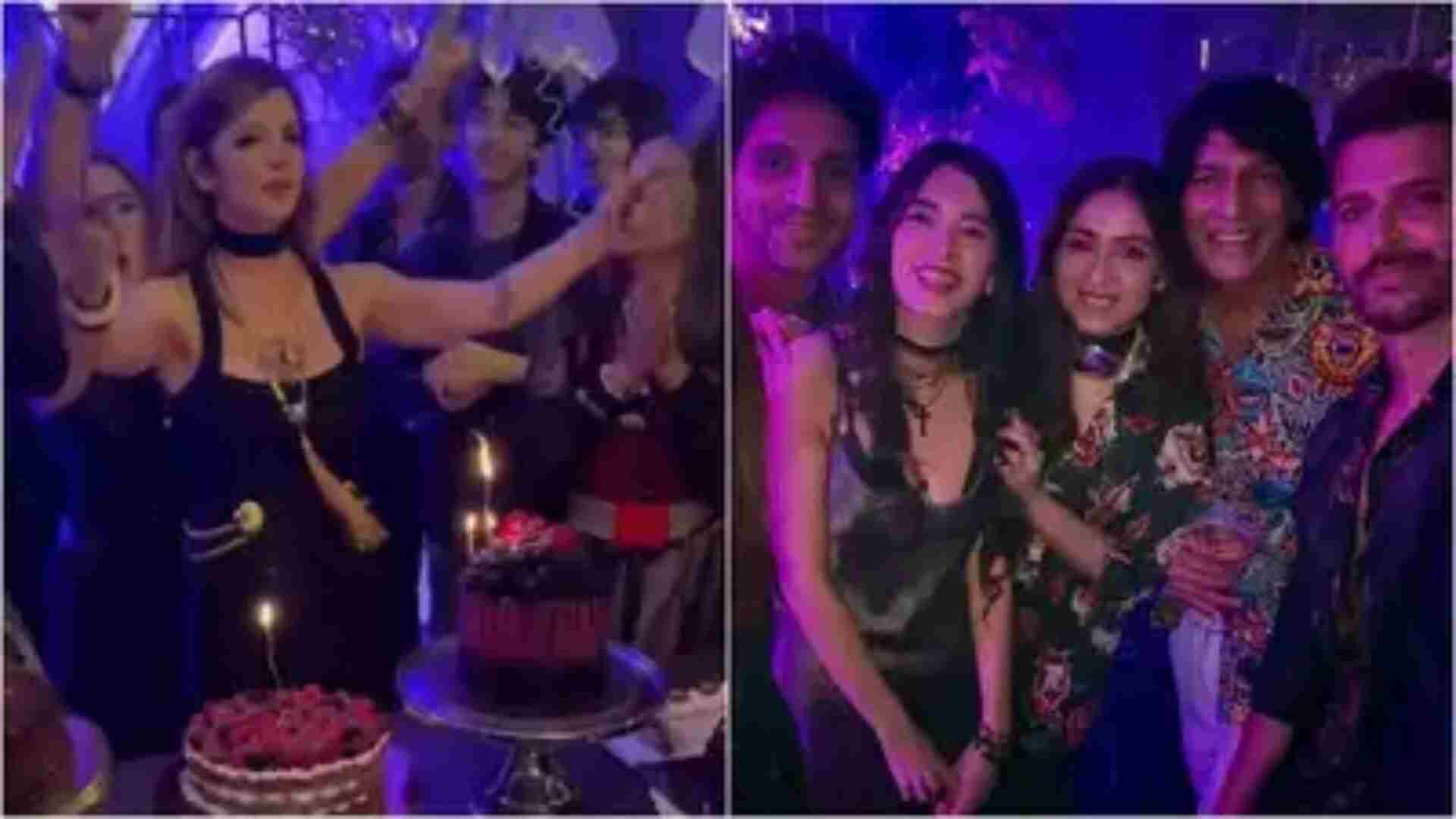
In recent years, Moscow has been rapidly regaining its position as an attractive destination for foreign tourists. In 2023, the Russian capital was visited by 2.3 million travelers from other countries, primarily from China, Turkey, India and Iran. The number of tourists who came from countries such as the UAE, Qatar and Kuwait even exceeded pre-pandemic figures. According to the results of this year, the figures are expected to be even more optimistic: in the first quarter of 2024 half a million foreigners have already visited Moscow, which is almost 40 per cent more than the year before.
Most often, tourists come to Moscow for cultural and entertainment purposes: to see the famous Kremlin and St. Basil’s Cathedral, admire the paintings of outstanding masters in the Tretyakov Gallery and stroll along the central streets of the city with their mansions of the 18th and 19th centuries. However, the numerous festivals that delight guests and residents of the city throughout the year are also beginning to attract more and more attention from travelers.

According to Evgeny Kozlov, Chairman of the Moscow City Tourism Committee, the development of event tourism is one of the priorities for the entire capital’s tourism industry in the coming years. It is expected that by 2030, at least 14 percent of all tourists – about 7.3 million people – will come to Moscow for cultural festivals, large-scale fairs and other events.
As noted by the head of special projects and content development of the ANO “Project Office for the Development of Tourism and Hospitality of Moscow” Evgeniya Sumina, it is the opportunity to get bright, fresh and always different impressions that Moscow festivals give that becomes decisive for many tourists when choosing a destination for their next trip.
“Impressions are the capital’s resource that is important both for Muscovites who are rediscovering their beloved city, and for tourists who get to know Moscow from its best sides and return here again and again,” Sumina concluded.
One of the most notable events in Moscow over the past two years has been the International Exhibition Forum “Russia”. As part of it, interactive expositions of 89 regions of Russia were open for eight months on the territory of VDNKh, where visitors could get acquainted with the main achievements of different parts of the country and its cultural features. As experts note, due to the fact that the exhibition was especially popular with citizens and guests of the Russian capital – more than 18.5 million people visited it during its operation, so, Moscow saw a notable increase in tourist flow.

In early August, the forum-festival “Territory of the Future. Moscow 2030” was held at more than 30 sites in Moscow. During the month, as part of the festival, guests could attend cultural, sports, educational and other events dedicated to the achievements of the Russian capital and the strategy for its development in the future. The festival ended with a large-scale celebration of the City Day.
At the same time, throughout the summer, Muscovites and all travelers coming to the city were also welcomed at other festivals. For 100 days, hundreds of venues throughout the city hosted the largest summer festival, “Summer in Moscow. Let’s Hit the Streets!”, where everyone could try their hand at drawing or creating stained glass, do yoga or ping pong, watch an open-air movie or discuss space exploration. A key feature of the festival was its new format: Muscovites themselves created a significant part of the agenda — 25,000 or every fourth event was organized by residents of the city, local businesses or NGOs.
Another truly unique event, both for Russia and for the whole world, was the third season of the “Moscow Estates” festival, which became the largest since its inception and included more than 2,500 events in 40 old estates. Within its framework, guests could learn about the history of Moscow and its famous residents in an interactive format, take part in a historical picnic or enjoy opera masterpieces performed by leading artists of Russian theaters in the luxurious scenery of one of the Moscow estates. It is also worth noting that all these events with their scope and diversity are free for both Moscow residents and tourists.
Although traditionally the peak tourist season in Moscow falls on the summer period, more and more travelers begin to come to the Russian capital in winter to immerse themselves in the fairy-tale atmosphere that is created on the streets of the city during festivals. Thus, from mid-December until the end of the New Year holidays, the Journey to Christmas festival is traditionally held in Moscow, during which you can see various theatrical and musical performances, attend creative workshops or try traditional Russian cuisine.
Those wishing to get not only cultural but also gastronomic impressions can also visit the venues of the “Moscow Tea Time” festival to feel Moscow’s hospitality and get acquainted with Moscow tea traditions which are being restored nowadays. Guests can learn about different types of tea or the development of tea culture in Moscow over the centuries, and taste traditional Moscow pastries or drink tea from a samovar. Traditional Moscow tea ceremonies are also being held in central restaurants and hotels of the city. Moscow Tea blends are available as perfect souvenirs from the Russian capital.
Another large-scale event of the winter program in the Russian capital was the celebration of the Chinese New Year in February 2024. In total, more than 300 events took place at the heart of Moscow and its central venues , the main ones being Tverskaya Square, Novy Arbat, Kamergersky Lane and the Moscow Zoo. Festival guests could see a show and performances with the participation of Chinese acrobats and martial arts masters, listen to a concert of Chinese folk music, practice in calligraphy, as well as get acquainted with other Chinese traditions and culture at the sites of the thematic route.
Of course, the event agenda of Moscow is not limited to the above-mentioned events: many festivals, such as “Easter Gift” or “Moscow Spring”, are held in the off-season.
At the same time, each year these festivals develop, covering more and more events and sites. New initiatives appear that find support from the Moscow authorities and representatives of the tourism industry.
